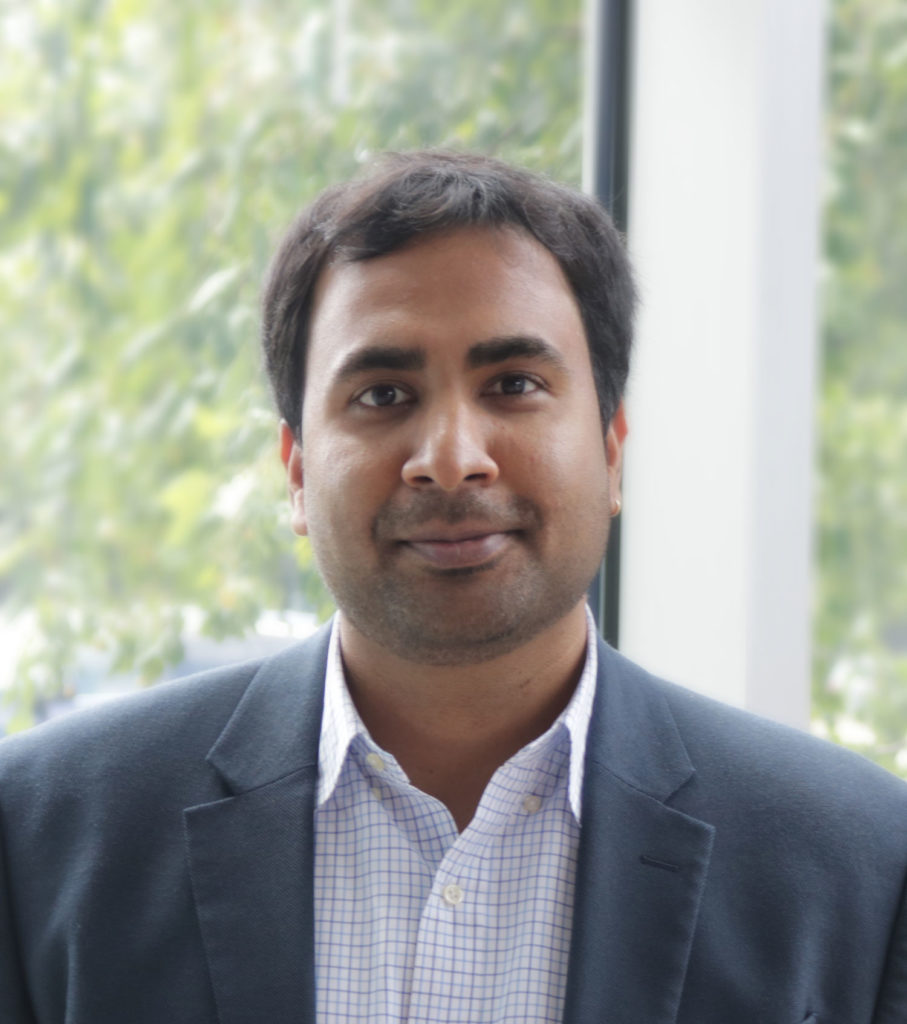
“Notes from the Field” is a special newsroom feature, highlighting industry professionals working to transform healthcare. In this edition, we spoke with Vineeth Yeddula, CEO at KPI Ninja.
1. Tell us about your role as the CEO of KPI Ninja?
I started the company with two friends, Naren Parimi and Vijay Musunuru, CTO and CPO respectively at KPI Ninja. Each of us had unique skill sets that informed our roles. My job was to build and nurture the culture, be the face of the company, form the right partnerships, and build high-performing teams in conjunction with my cofounders in order to solve bold problems in healthcare. One such bold problem that came along was COVID-19. We worked with one of the state-based organizations to connect more than 60 health systems and labs throughout the state and built a COVID application to provide real-time bed management in less than three days. The team at KPI Ninja is energized when we see those kinds of wins and build those types of incredible partnerships.
2. Unrelated to the pandemic, what is one thing you’ve learned over the past year?
I’ve learned a lot of things over the last year, but if I had to pick just one it would be that uncertainty is here to stay. That lesson didn’t just come from the pandemic, but from running a startup with limited funding through a pandemic. From integrating work/life balance in a remote culture to learning new ways of communicating with customers and potential customers, being able to pivot as needed and accepting continuous change have become core strengths of the team.
3. Have you found your pandemic silver lining?
From a personal perspective, I have a one-and-a-half-year-old, so even though I had limited time (as we were building the company), having the flexibility to spend time with him during that period is one of the things I’ll cherish. That, and coming together with Health Catalyst has been an incredible and exciting journey. The fact that hundred percent of our team has come over to Health Catalyst is a testament to the kind of culture we have built and the strength of the team. We’re grateful and excited about what this means for the future, not only for us, but how we can disrupt healthcare together.
4. Who is your mentor and why?
I’ve had many mentors throughout my life, starting with my parents, who’ve been my greatest mentors. They instilled in me the value of hard work and being grateful to others–these are core values that have only been strengthened as I move through life. They are my biggest supporters. I’ve also had the privilege to work with several awesome colleagues over the past decade or so, and I’m grateful to them for all the formal and informal learnings I’ve had because of them. I also had a professor, Ram Bishu, during my master’s program that helped me and Vijay, one of the other co-founders of KPI Ninja to get exposure to the healthcare industry even though we were in an engineering program. He played a key role in cementing why we wanted to focus on healthcare. I’m grateful for that mentorship and the many relationships that have helped shape me.
5. What inspired you to pursue a career in healthcare technology?
I touched on this a bit in the last question, but I moved to the U.S. for my master’s in engineering and was able to work on several healthcare projects, like medication reconciliation. I also did my thesis on the impact of actual and perceived wait times on patient satisfaction. I fell in love with the whole opportunity that existed in healthcare, like how improving processes impacts outcomes, and, in some cases, even saves patient lives. It felt like both an awesome career opportunity, but also an opportunity to really do something meaningful.
There are many opportunities to improve healthcare, but there’s a few that I’m personally passionate about. The first is to help solve the shift from volume to value-based care. For healthcare organizations to be prepared, they really need to have a data-driven, team-based, patient-centered, and continuously improving culture in order to make this transition. These four elements for success resonate with me and I’m passionate about helping organizations transform.
6. What do you see as the biggest opportunity to improve healthcare?
The second opportunity is in digital healthcare and artificial intelligence. In the 1990s and 2000s, the shift from manual records to EMR adoption was a big focus. Now, there’s new, expanded opportunities for digitization, including telemedicine and another whole digital transformation happening. Lastly, a focus on access, quality, and affordability. The healthcare vision is broadening to promote social and financial inclusion and there’s a lot of opportunity to keep patients at the center of this vision.
7. What is the greatest challenge facing healthcare?
There are several big challenges facing healthcare: price transparency, the availability of a skilled workforce, effective payment models, cybersecurity, etc. But one challenge that I’m the most passionate about and is still a signification hurdle is the adoption and ability to harness advanced technology. I see this as one of the biggest challenges still today and look forward to figuring out how, together, we can impact organizations and help them fully make this digital transformation while keeping patients at the center.

